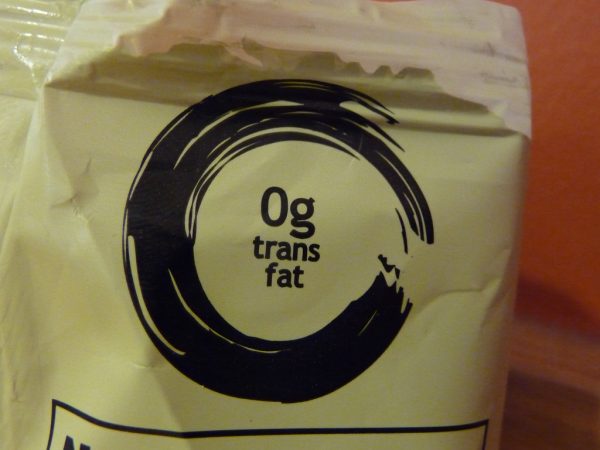Public Health Professor on Artificial Trans Fat Ban

The Food and Drug Administration is expanding its efforts to reduce the amount of dangerous artificial trans fats in American diets.
The FDA declared trans fats unsafe for human consumption last week, giving companies three years to come into compliance with the new policy.
Trans fats have been linked to weight gain and heart disease; the FDA says it expects the ban to prevent thousands of fatal heart attacks a year.
Elizabeth Racine is a registered dietician and associate professor in the Department of Public Health Sciences at UNC Charlotte. She said processed foods high in trans fats are often convenient and cheap, but “we’re realizing more and more that these foods are bad for our health. The government does have a role in protecting our nation’s health so I do think it should be involved in determining what food companies can offer and put policies in place that deter the overuse of these unhealthy foods.”
The FDA has required manufacturers to include information about trans fat content on packaging since 2006. It said consumption of trans fat decreased nearly 80% from 2003 to 2012.
As part of the new policy, manufacturers will either have to eliminate trans fats, or seek FDA approval for individual products.
Artificial trans fats are made by treating vegetable oil with hydrogen at high temperatures and pressures. They are common in processed cake icing, pie crusts, and some margarines. Food companies have valued trans fats for their ability to make foods last longer and its consistency in baked products.
Dr. Racine said though America may be becoming more health conscious, misinformation remains common.
“I don’t know how aware Americans are of what foods are really healthy. There are so many definitions of healthy. Some people are every focused on eating high amounts of protein, other people are focused on eating organic, and so on,” she said.
“There is so much food information out in the media and popular books that I think people adopt a philosophy of what they think is healthy even if it hasn’t been well studied.”
For more information on trans fat, see this page from the Center for Science in the Public Interest.